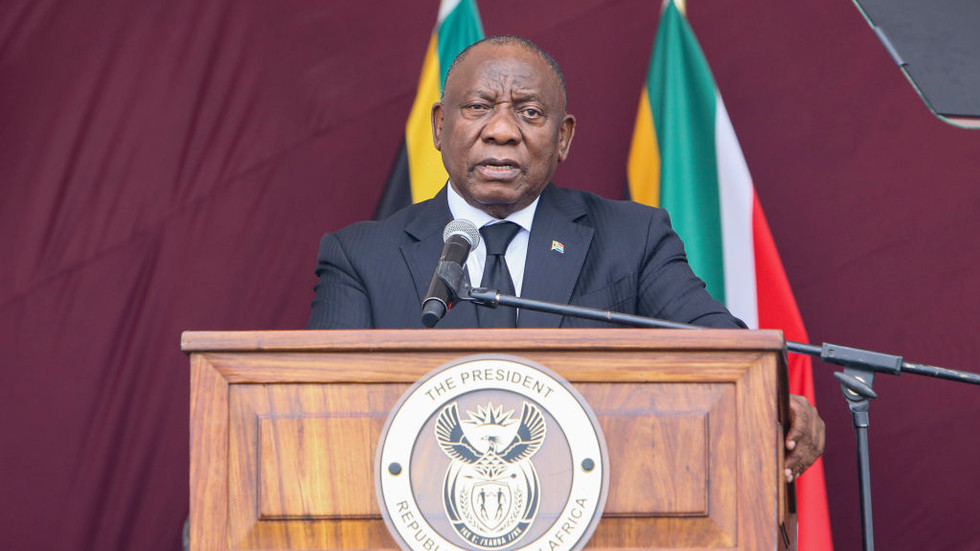Arvind Kejriwal, one of Indian Prime Minister Narendra Modi's most vocal and prominent political opponents, will return to jail on Sunday as his bail term ends.
The Delhi chief minister and a leader of an opposition alliance was detained in March over a long-running corruption probe.
Kejriwal back behind bars as India voting ends
His party members called the arrest just before national elections a "political conspiracy" by the ruling Bharatiya Janata Party (BJP).
Kejriwal was granted bail last month by the Supreme Court to campaign in the Indian general elections. According to the stipulations of his bail he must now return to custody as the six-week poll is concluded.
He announced on social media that he will surrender at Delhi's Tihar Prison on Sunday afternoon. Although, he first intends to visit a Gandhi memorial, a Hindu temple, and his party office.
"All of you take care of yourselves. I will take care of you all in jail. If you are happy then your Kejriwal will also be happy in jail," the chief minister posted on social media platform X.
Kejriwal's release from prison to campaign in the Indian elections was a significant boost for the opposition. The seventh and last phase of voting in the Indian elections ended on Sunday, with exit polls suggesting PM Modi will clinch a third term in office.
Top opposition figure arrested in India ahead of elections
Why was Kejriwal arrested?
Kejriwal was arrested on March 21 on corruption charges by India's financial crime investigation agency.
The government-controlled agency accused Kejriwal's party and ministers of accepting 1 billion rupees ($11.9 million, €11.05 million) in bribes over a 2021 liquor sale policy. Kejriwal has maintained his innocence in the case.
The Modi government rejected opposition claims that the arrest, right before the elections, was politically motivated.
Arrest triggered tensions between Germany and India
His arrest triggered tensions between India and its Western allies, who called for a timely legal process.
In March, a spokesperson for the German Foreign Office said Berlin had taken note of the situation, adding that it was expected that "standards relating to independence of judiciary and basic democratic principles will also be applied in this case."
In response, India had summoned a German embassy official to convey its "strong protest" over Berlin's comment.
ss/wd (AFP)

 5 months ago
21
5 months ago
21








